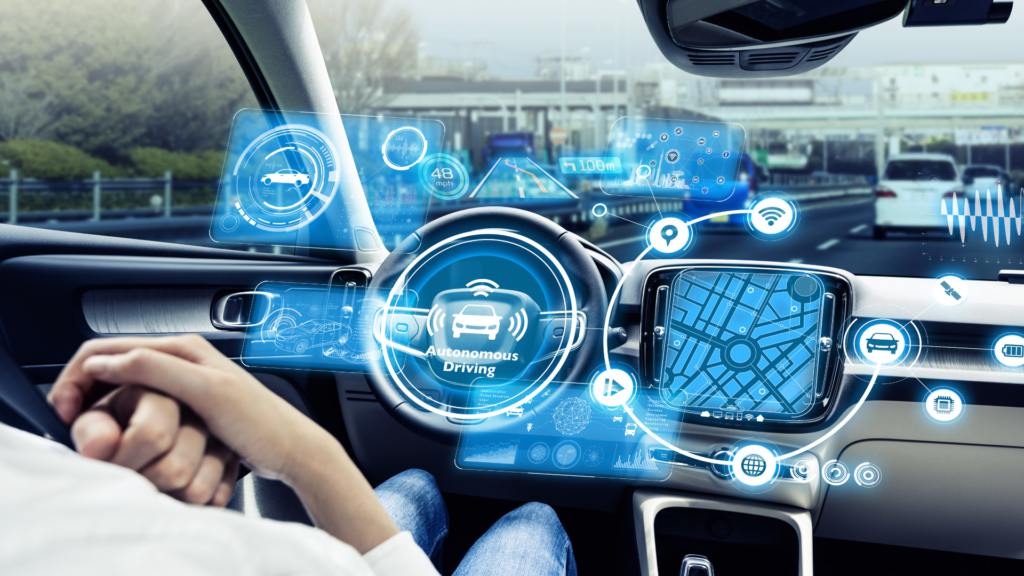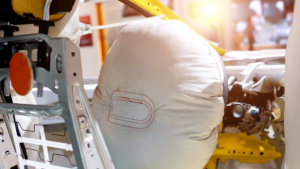Vehicle Software Security Concerns Lead U.S. to Restrict Chinese Technology
Next month, the U.S. Commerce Department will introduce new rules focused on the vehicle software in connected cars. These rules will limit the use of software made in China and other countries seen as threats. This announcement was made by Alan Estevez, a top official in the Commerce Department, highlighting worries about national security.

Key Components in Focus
The new rules won’t target the entire vehicle but will focus on important parts that control the software and data. Estevez explained, “We’re looking at a few components and some software – not the whole car – but it would be some of the key driver components of the vehicle that manage the software and manage the data around that car that would have to be made in an allied country.” This means the most critical parts of connected cars need to be secure.
Vehicle Software National Security Concerns
Commerce Secretary Gina Raimondo said in May that the government could take big steps against Chinese-connected vehicles. This could include banning them or putting strict limits on them. These comments came after a February investigation into whether Chinese vehicle imports pose risks to national security.
Estevez stressed how serious the threat is. He said, “A car is a very scary thing. Your car knows a lot about you. You probably get a vehicle software update, whether it’s an electric vehicle or an autonomous combustion engine vehicle. A modern car has a lot of software in it. It’s taking lots of pictures. It has a drive system. It’s connected to your phone. It knows who you call. It knows where you go. It knows a lot about you.” This shows the potential dangers and why strict security measures are needed.
For more information on how cyber threats can affect the automotive industry, check out this article on the CDK Cyberattack.
China’s Response
The Chinese government has asked the U.S. to follow market rules and fair competition. They say Chinese cars are popular worldwide because they are innovative and come from tough market competition. Raimondo pointed out that if millions of cars had their vehicle software turned off at once, it could cause big problems, making it clear why securing these technologies is crucial.
Impact on the Car Industry
Right now, not many Chinese-made cars are imported into the U.S. However, the Biden administration has proposed high tariffs on Chinese electric vehicles and other goods, expected to start on August 1. This move is part of a broader plan to address security concerns and support U.S. manufacturing.
These new rules will shape the future of connected car technology in the U.S. By focusing on critical parts, the rules aim to protect both infrastructure and data from foreign threats while encouraging innovation and competition within a secure environment.
What’s Next for Automakers
As these new rules come into play, car makers and tech companies will need to adapt. This might mean changing supply chains, improving cybersecurity, and working more with allied countries to meet the new requirements. The demand for U.S.-made software and parts is likely to grow, driving new innovations and partnerships.
The new rules from the U.S. Commerce Department are a big step in making sure that as car technology advances, it also stays safe and secure. This will protect both consumers and national interests, ensuring a safer future for connected vehicles.
Want to read more articles like this?
Join the PowerNation Email NewsletterRead More from PowerNation
- Chapters
- descriptions off, selected
- captions off, selected
This is a modal window.








